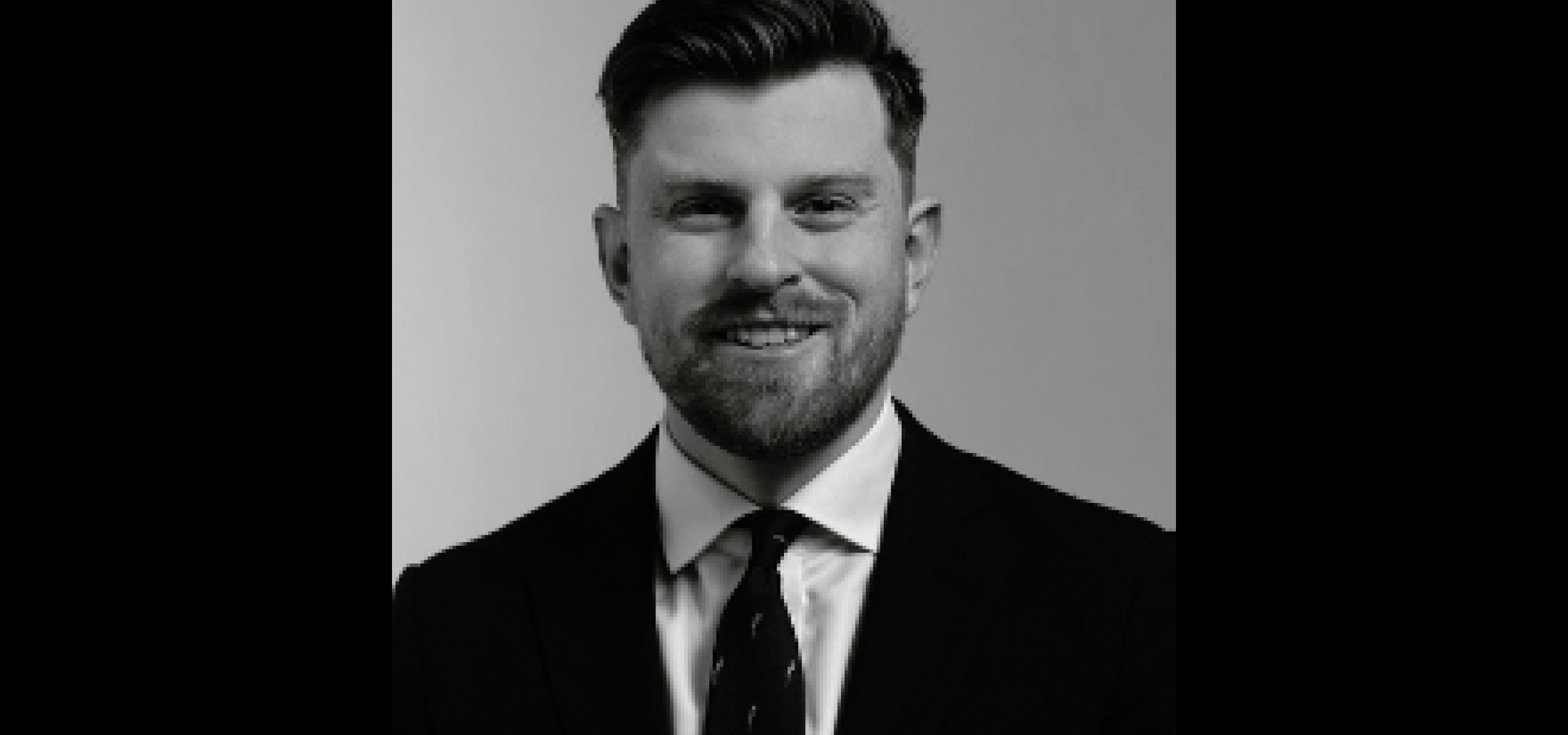
My teams won the Australian championships in those moots, but that was simply the material manifestation of the curiosity, hard work, candid relationships, and fun experiences I shared with the people on my teams.
For James Barrett (JD, GDLP ’17) being a Fulbright Scholar was always in his peripheral vision. However, it wasn’t until writing his application that he realised how a much the scholarship aligned with his plans and future vision.
A champion mooter at The Australian National University (ANU), his curiosity into the interconnectedness between governments, people and public institutions was sparked during his postgraduate law studies. Over the years, this curiosity evolved into a deep interest that led James to Harvard University this year, where he will study governance, justice and democracy as a Fulbright Scholar.
As he prepares for his next steps, we caught up with James and talked to him about his journey so far and reflections on his time at the ANU College of Law.
Can you tell us a bit about your current role and including what you find most rewarding?
I work on matters with a public dimension. There might be a constitutional challenge in the High Court, or there might be plan on which I can provide advice.
The most rewarding thing about my role right now is the people I work with directly. They share my interests and help me in my development. I also get to observe the way they act, what they write, what they say, how they interact with other people, and think: Why did they do that (or what did they not do)? How did it help (or obstruct)? What might I emulate (or avoid)? I also help people solve problems that are causing distress and anxiety in their lives. Often, the solution will provide a benefit to the public.
You were recently awarded a Fulbright Scholarship, which you will use to study a Masters of Law at Harvard Law School. Can you tell us more about why you are choosing this path and the benefits you hope it will bring? Are there any special projects that you will be looking to be a part of while you're there?
This path chose me as much as I chose it. Fulbright had been on my radar for some time, but had slipped to the outer rim. A couple of weeks before the application deadline, I brought it up with my boss (then, Justice Edelman) and a colleague, who both convinced me to throw in an application. It was only as I wrote the application, and sat on my bed with my girlfriend at the time doing a mock interview, that I began to realise the Fulbright Program might connect my ambitions with some larger meaning.
I had an ambition to go to Harvard, or somewhere like it, since I was a child. But as an adult I had misgivings about why I was doing it. Was what I really wanted to distinguish myself? Was self-edification worth the cost and leaving home? With Fulbright, I realised that there were good reasons why I wanted to go, that I would be a tiny part of global project, and that I would have people backing my commitment to contribute to public life.
I’m beginning to select my first courses now. One thing I’m interested in is the intersection of with governance, justice and democracy – a vogue topic, but one that requires a variety of thought and input. I enjoy to teaching and mentoring, so I’m interested in participating in the Law Teaching Colloquium. I have also worked for young and indigenous people and I would like to develop my ability to help those people.
Looking back at your journey thus far, how did your time at ANU Law shape your personal and professional outlook and what were some of your most meaningful experiences during your time at ANU?
Learning at ANU focused my curiosity about the relationship between governments, public institutions, and people to a degree that I don’t think would have happened elsewhere.
My most meaningful experiences were connected with the Gibbs Moot and Jessup Moot. My teams won the Australian championships in those moots, but that was simply the material manifestation of the curiosity, hard work, candid relationships, and fun experiences I shared with the people on my teams. I remain close friends with most of them.
My time as an Aurora Native Title Intern and working for the Australian Government Solicitor, including on the Royal Commission into the Protection and Detention of Children in the Northern Territory, also touched me.
Can you share some of the challenges you faced during your time at ANU and how did you overcome them?
The main challenge I had was balancing my immediate emotional needs with my knowledge that I had to keep going and do the best job for my future self; with good grades, and so on. I usually dealt with something that got me down by going for a walk and then studying even more aggressively, as if in spite. The interplay between my emotional thoughts and my work is developing, slowly.
What advice would you give to a current student or a fresh graduate entering the next phase of their lives?
One thing I would share is this: I hate the words “career” or “work-life balance” – as if a “career” or “work” is different to “life”. I know I am being precious, because these phrases are easily understood. But I think these phrases are a manifestation of an unhealthy way of looking at life. Ultimately, all I have is my experience in each moment. A collection of moments is called a life. My goal is to have a life well lived.